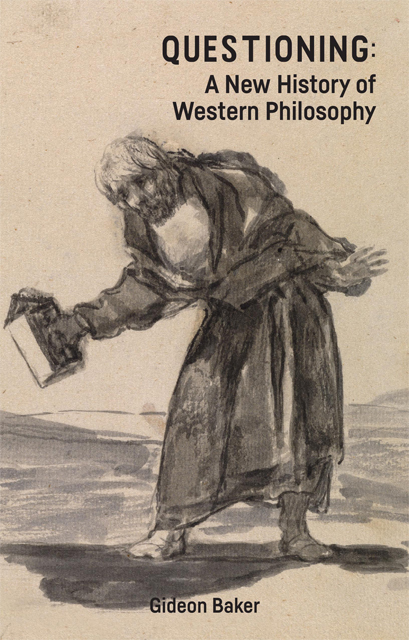15 - Weil
Published online by Cambridge University Press: 14 July 2023
Summary
SIMONE WEIL (1909–43) was only thirty-four when she died. Yet the writings of this young French woman are perhaps the purest distillation of Neoplatonism in modern Western thought. In Weil, this Neoplatonism took the form of a stringent Christian mysticism, the insights of which were lived quite as much as they were thought.
In Weil’s view, ‘Since Greece disappeared there hasn’t been such a thing as a philosopher’ (Weil 1952b: 254). Reviving the concern of ancient Greek thought with philosophy as a form of life, Weil never doubted that truth is only for the few and that the way is hard. But the condition of access to divine truth (the need for which ‘is more sacred than any other need’ [Weil 1952b: 36]) is not questioning as such but poverty of soul:
The true road exists. Plato and many others have followed it. But it is open only to those who, recognizing themselves to be incapable of finding it, give up looking for it, and yet do not cease to desire it to the exclusion of everything else. (Weil 1958: 148)
The implication of Weil’s thought for questioning, as we shall see, is that the Socratic injunction to recognise that we know nothing is radicalised to the point where the one who questions must herself be nothing.
If Socratic questioning is insufficient, then Weil sees something more profound in Plato. From Plato comes the insight, which she finds also at the core of Christianity, that worldly necessity and the good can have no relation to each to each whatsoever (Weil 1958: 158). The good is ‘situated outside the world’ (Weil 1958: 148). Catching sight of this good, then, is not a matter of mundane questioning; rather, ‘a light, as it were, is kindled in one soul by a flame that leaps to it from another’ (Plato: 1966: 341b). As Weil (1958: 156) makes the same point in her more Christian terms: a person sees the good only ‘in so far as he is freed by the supernatural operation of grace’. Not reason but revelation is what we need. Weil, then, confronts questioners with a challenge: left to our own devices, are we capable of questioning after truth? Indeed, to the extent that we have only our own thoughts, are we even thinking?
- Type
- Chapter
- Information
- QuestioningA New History of Western Philosophy, pp. 157 - 168Publisher: Edinburgh University PressPrint publication year: 2022

